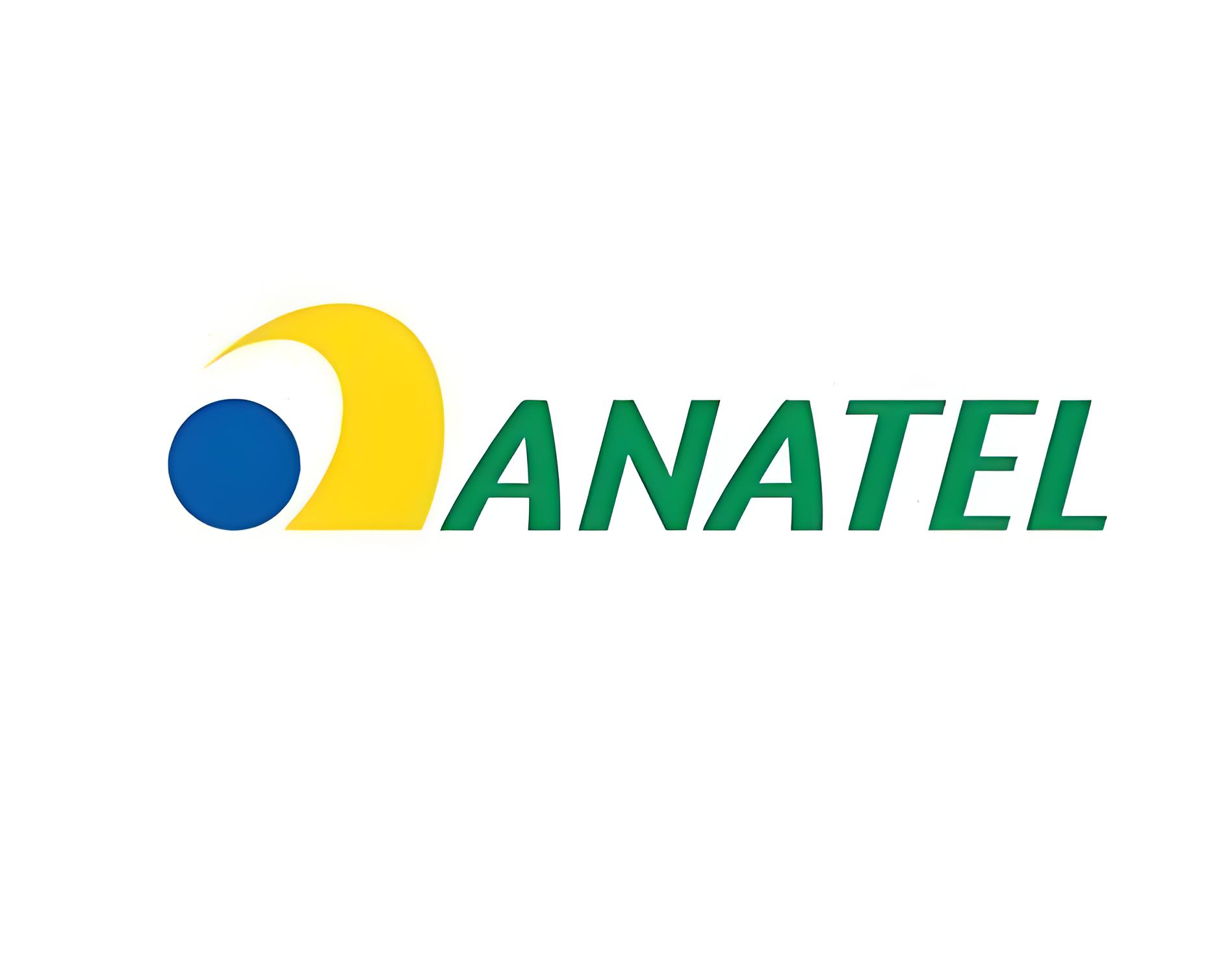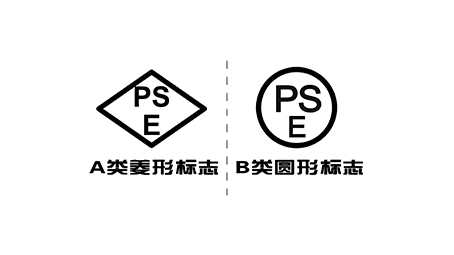On August 18, 2025, the Extended Producer Responsibility (EPR) requirements under the new EU Battery Regulation (EU 2023/1542) officially came into effect. This means that all manufacturers and sellers of batteries or products containing batteries in EU countries must complete EPR registration in the corresponding country by that date and submit the registration number to e-commerce platforms such as Amazon and TEMU as required. Otherwise, their products will face the risk of being removed from shelves and banned from sale due to non-compliance.
Overview of the New Regulation EU 2023/1542
The new EU Battery Regulation EU 2023/1542 replaces Directive 2006/66/EC and is directly applicable throughout the EU. It covers a wide range of battery types, including:
★ Portable batteries
★ SLI batteries (starting, lighting, and ignition)
★ Light transport (LMT) batteries (e.g., e-bikes, scooters)
★ Industrial batteries
★ Electric vehicle (EV) batteries
The core purpose of this regulation is to ensure that all batteries placed on the EU market are safe, sustainable, durable, and recyclable.
Extended Producer Responsibility (EPR) Requirements
★ Registration requirement: Producers must register in each EU Member State where batteries are sold.
★ Financial responsibility: Financial responsibility for the collection, treatment, and recycling of used batteries.
★ Labeling requirements, including:
◆ All batteries must be marked with the crossed-out wheeled bin symbol.
◆ Battery chemical composition identification (e.g., "Li" for lithium).
◆ A QR code for displaying digital product information. ◆ Bear a separate collection symbol for proper disposal by the end user.
These requirements are intended to increase battery collection rates, reduce environmental harm, and enhance transparency for consumers and recyclers.
Other Key Requirements and Timelines
1. Carbon Footprint and Recycled Content
★ Starting in 2025, manufacturers must disclose the carbon footprint of electric vehicle, industrial, and light mobile power (LMT) batteries.
★ Starting in 2031, minimum recycled content standards will apply:
◆ Cobalt: 16%
◆ Lithium and nickel: 6%
◆ Lead: 85%
2. Battery Passport
By 2027, a digital battery passport will be mandatory for the following products:
◆ Electric vehicle batteries
◆ Industrial batteries greater than 2 kWh
◆ Light mobile power (LMT) batteries
The passport must include information on battery performance, composition, and origin and be accessible via a QR code.
3. Replaceability and Safety
★ Starting in 2027, portable batteries must be designed to be easily replaceable by the end user. ★ Lightweight mobile power (LMT) batteries must be replaceable by qualified personnel.
Waste and Recycling Measures
To support recycling and reduce reliance on virgin raw materials, the regulation introduces a series of provisions, including:
★ Setting minimum recycling efficiencies for key materials such as cobalt, lithium, nickel, copper, and lead.
★ Updating EU waste regulations to include new categories, such as "black mass" generated from shredded batteries.
★ Restrictions on the export of hazardous battery waste to non-OECD countries will be implemented from March 2025.
Strategic Impact on Stakeholders
Manufacturers, importers, and distributors must be fully prepared, including:
★ National producer registration in each EU country of operation
★ Implementing a compliant labeling system
★ Developing a due diligence policy for raw material sourcing
★ Establishing internal systems to ensure recycling and reuse targets are met
It is important to note that failure to meet these obligations after August 18, 2025, may result in penalties, market access restrictions, or enforcement action by national authorities.
Friendly Reminder
The Extended Producer Responsibility (EPR) requirements under the new EU Battery Regulation EU 2023/1542 will take effect on August 18, 2025. Stakeholders must take immediate action to ensure operational compliance and avoid unnecessary losses. Our professional technical team and extensive product testing experience can help you easily determine product safety and compliance. If you need assistance, please feel free to contact us and our engineers will assist you promptly.













